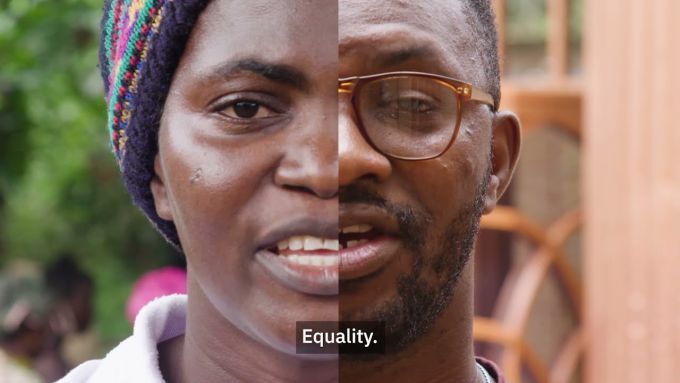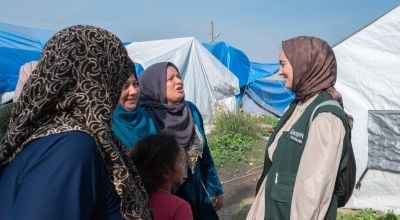
Read our 2024 annual report

Knowledge Hub
Why gender equality? Gender inequality is globally the most common form of inequality and remains a major obstacle to the eradication of poverty.
Concern specifically focuses on gender equality as a means to significantly reduce inequalities and empower people living in extreme poverty to improve their lives.
Across the world, millions of women and girls still do not have access to or control over resources and services that directly affect their daily lives.
They live in fear of gender-based violence (GBV), are denied education, and have no say over decisions in their homes or in the wider community.
If we imagine a world with gender parity, we would see more access to education for girls, higher literacy and numeracy rates for women and girls, lower maternal and infant mortality rates, more women in the workplace, more women in leadership and more laws to support gender equality.
Gender equality is a key area of focus for all programmes in livelihoods, health and education in both development and humanitarian contexts.
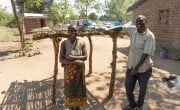
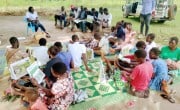
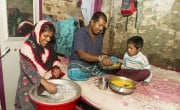

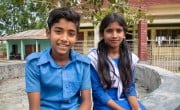
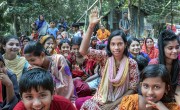
A closer look at our approach to gender equality
Here are just some of the ways our gender equality programming is helping to change the lives of women, men and children around the world.
Gender transformative work
Gender equality trainings were an integral part of the Graduation programme in Democratic Republic of Congo, showing how gender can be implemented as part of wider programmes to greater success. The trainings offer a comprehensive approach to gender equality, violence against women and girls, and gender transformation. More than working around existing gender differences and inequalities, gender transformative work critically examines and challenges gender norms and traditional dynamics, and strengthens the systems that support equality between the sexes.
These sessions lay an important groundwork for the future which shows that a shift in attitudes can have a ripple effect around the community. This leads to men taking an active and equal role in the household.
Gender equality in education
Engaging men
EAGER Programme in Sierra Leone
Knowledge Hub resources on the theme of gender equality

Other ways to help
Corporate support
Is your company interested in working together for a common cause?
Fundraise for Concern
From mountain trekking to marathon running, cake sales to table quizzes, there are lots of ways you can support our work.
Buy a gift
With an extensive range of alternative gifts, we have something to suit everybody.
Leave a gift in your will
Leave the world a better place with a life-changing legacy.
Volunteer with Concern
The lots of ways to get involved with our work as a volunteer
School fundraising
Without the generous support from schools, we wouldn't be able to do the work that we do.


